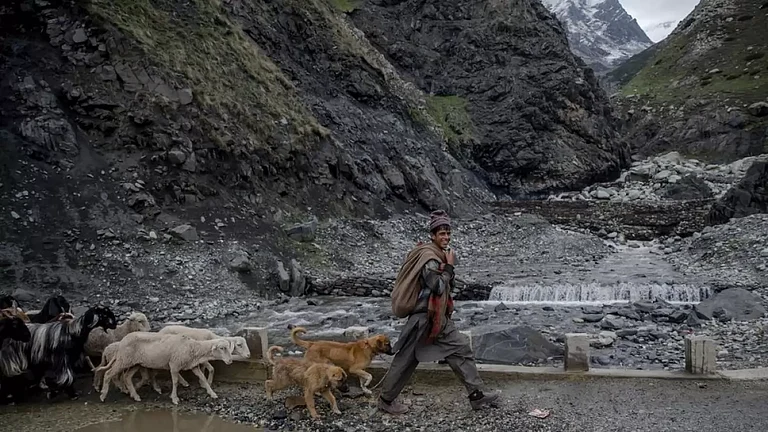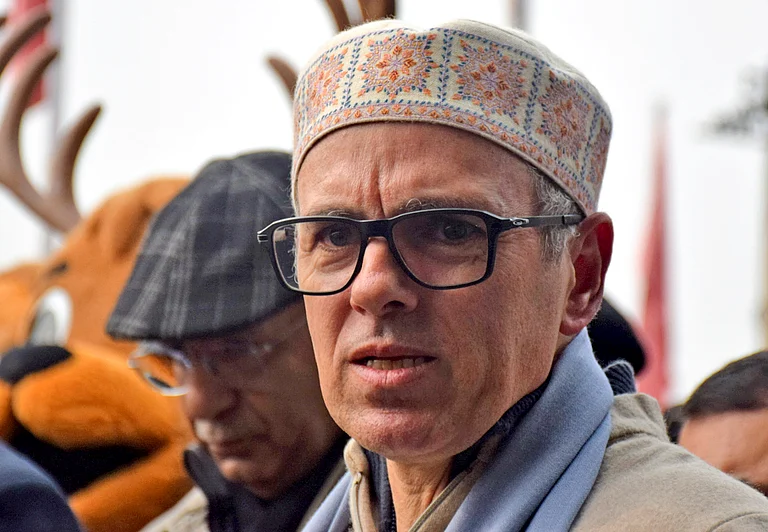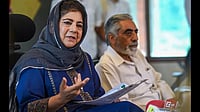The Lok Sabha passed the Constitution (Jammu and Kashmir) Scheduled Tribes Order (Amendment) Bill, 2023, on Tuesday, extending scheduled tribe status to the Paharis Ethnic Group and other communities in Jammu and Kashmir.
Previously, only the Gujjar and Bakerwal communities held scheduled tribe status, entitling them to a 9 per cent reservation in government jobs.
However, members of the Gujjar and Bakarwal communities have expressed opposition to extending scheduled tribe status to the Paharis, claiming that it would diminish reservations for their community. They also argue that the Paharis are already well-settled in the Union Territory.
Internet Shut-Down
Authorities in Jammu imposed prohibitory orders on Wednesday, with increased security in Rajouri and Poonch districts. Mobile internet and public Wi-Fi were suspended in Rajouri and Poonch as a precaution.
To maintain law and order, security has been increased in both Rajouri and Poonch districts, which have a high number of Gujjars and Bakerwals, as well as Paharis.
In an order issued yesterday, Jammu district magistrate Sachin Kumar Vaishya ordered the immediate enforcement of prohibitory orders under Section 144 of the Code of Criminal Procedure, which prohibits gatherings of four or more people.
Why Gujjars And Bakerwals Oppose Pahari Reservation?
Gujjars and Bakerwals are among the tribes in J&K including Dard Shin, Gaddi who were declared Scheduled Tribes (ST) by the Centre in 1989 and 1991.
According to the 2011 census, Gujjars and Bakerwals have the highest population among the tribes in J&K. The total tribal population of J&K as per the census is nearly 15 lakhs, of which Gujjars and Bakerwals comprise nearly 13 lakh people.
Gujjars and Bakerwals are opposing the Pahari reservation since they believe that inclusion will deprive them of reservation privileges, as the community is far more literate and economically well-off.
According to political observers, the bill is part of the ruling party's plan to turn the socially divided population of Paharis in J&K into a political vote bank at a time when it has struggling to gain foothold in Muslim-majority Kashmir.
“How can a tribe living nomadic life compete with the people settled all across the country and abroad? They have got other avenues to prosper. Is this justified?” Gujjar and Bakerwal activist Talib Hussain told Outlook India.
Paharis include Hindus, Sikhs, Muslims, and all those people of Kashmiri origin who settled in Rajouri and Poonch districts over a period of time. Paharis also include upper-caste Hindus and those who were displaced from Pakistan-occupied Kashmir.























